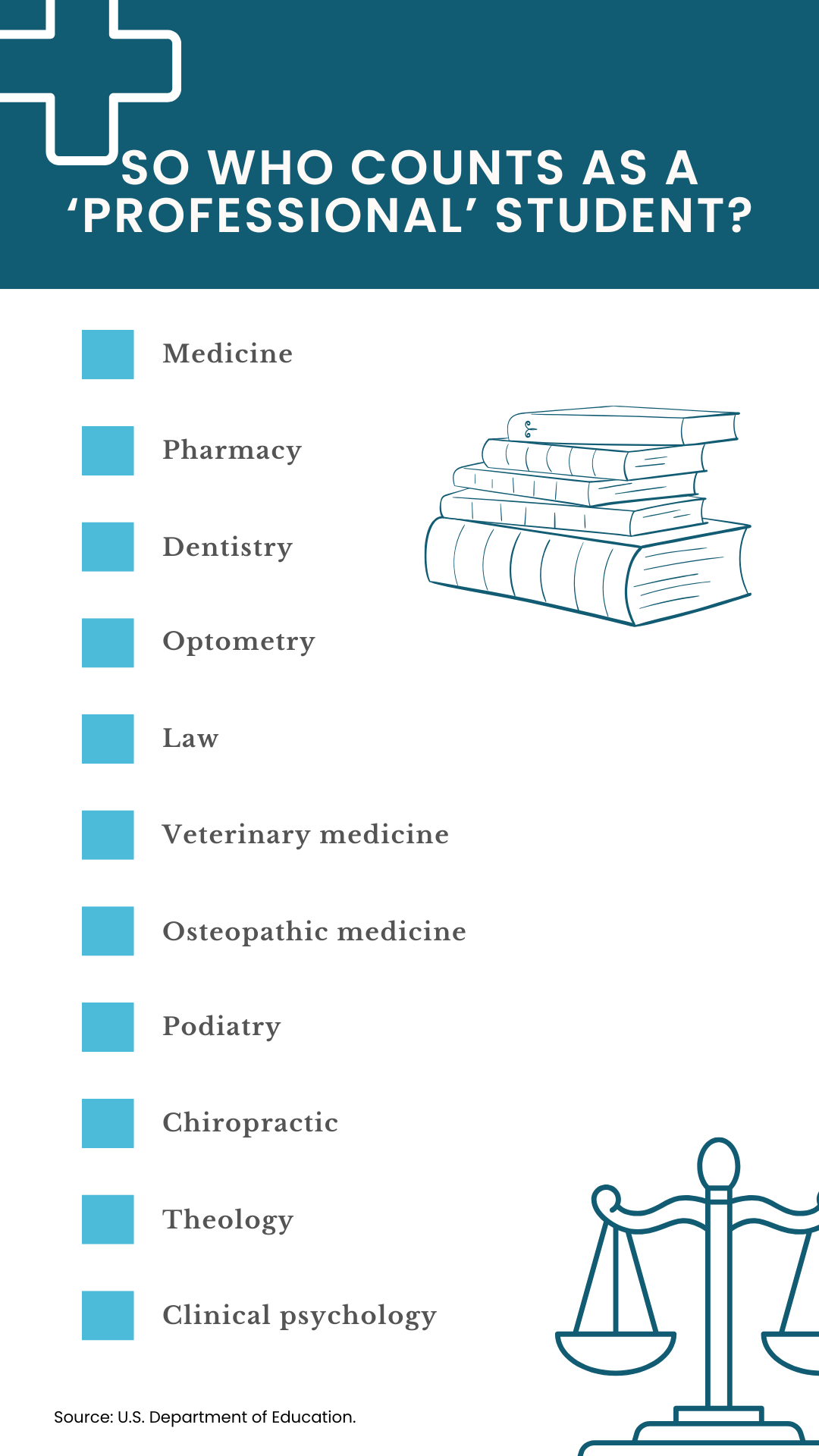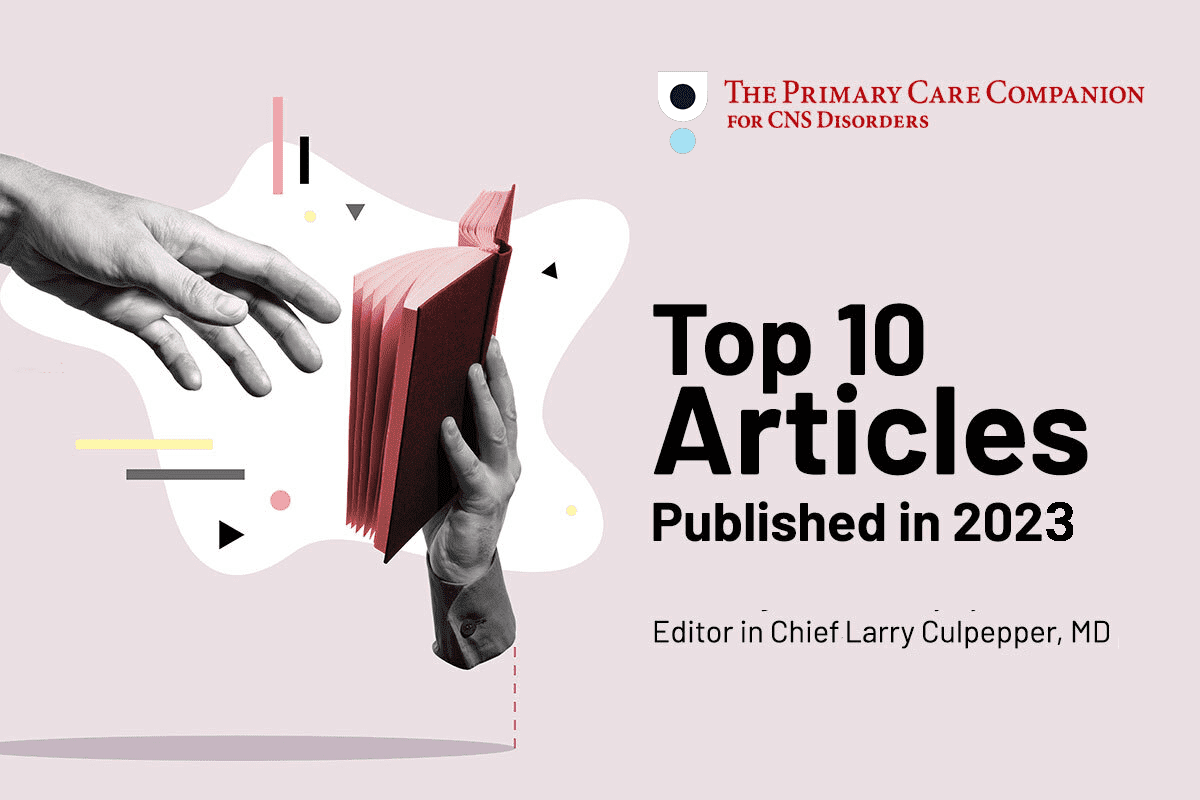Earlier this month, the Trump administration rolled out a proposal that would reclassify a range of nursing professionals. More specifically, agency officials want to excise nursing from the definition of “professional degree” programs (under pending federal loan eligibility rules).
The change is the (belated) result of the “Big Beautiful Bill” Act.
Advocates argue that it threatens a profession already struggling with a critical labor shortage.
The National Center for Health Workforce Analysis (NCHWA), for example, has forecast a 6% shortage of RNs nationwide and a 13% shortage in nonmetro areas in 2037. And the group expects demand for LPNs to grow faster than supply between 2022 and 2037.
The details that have emerged about the legislation – courtesy of the Department of Education – caps undergraduate borrowing and scraps the GRAD PLUS program completely. The department plans to replace both with a new Repayment Assistance Plan. Under this new model, only students in “professional” programs can tap into the bigger line of credit of up to $50,000 a year.
The new rules go live July 1.
Nurses Push Back
So, who doesn’t make the cut? Nurse practitioners. Physician assistants. Physical therapists. In other words, the people propping up nearly every part of our healthcare system.
“Nurses make up the largest segment of the healthcare workforce and the backbone of our nation’s health system,” American Nurses Association President Jennifer Mensik Kennedy, PhD, said. “At a time when healthcare in our country faces a historic nurse shortage and rising demands, limiting nurses’ access to funding for graduate education threatens the very foundation of patient care. In many communities across the country, particularly in rural and underserved areas, advanced practice registered nurses ensure access to essential, high-quality care that would otherwise be unavailable.”
Advocates add that this policy shift could make it harder (and more expensive) to become an advanced practice nurse. And it will threaten nearly everyone in the system.
- Graduating nursing students will lose some benefits they’d been promised all through school.
- Prospects might be turned off, especially those from disadvantaged backgrounds.
- And recruiters will find it even hard to attract new students.
“Excluding nursing from the definition of professional degree programs disregards decades of progress toward parity across the health professions and contradicts the Department’s own acknowledgment that professional programs are those leading to licensure and direct practice,” the American Association of Colleges of Nursing declared in a published statement. “AACN recognizes that explicitly including post-baccalaureate nursing education as professional is essential for strengthening the nation’s healthcare workforce, supporting the next generation of nurses, and ultimately supporting the healthcare of patients in communities across the country.”
Further Reading
Why Do Some Nurses Stay in Rural America? Why Do Others Leave?
Investing in Nurses Saves Lives. And Money.
How a Simple Satisfaction Score Might Save Healthcare Workers



